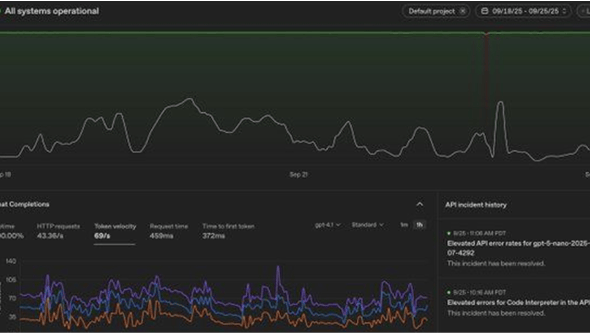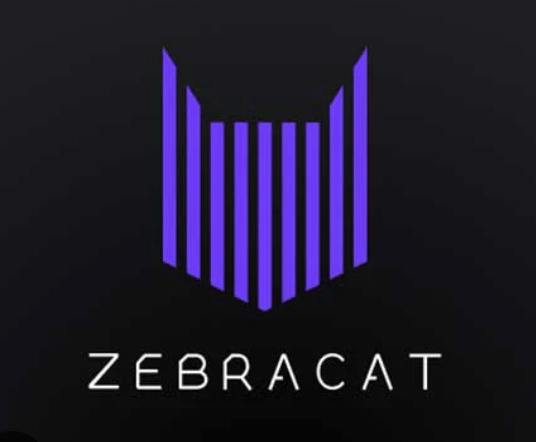Dear Readers,
Something’s moving fast in AI land - and not just in code. Apple’s top ranks are shaking, DeepMind’s new agent is patching vulnerabilities before humans even see them, and Thiel’s Founders Fund is placing billion-dollar bets on a handful of winners. Beneath the headlines runs one current: consolidation. Power, compute, and intelligence are all being pulled into fewer, bigger hands - and that shift is starting to define who gets to shape the next decade of technology.
In today’s issue, we unpack what Apple’s leadership shake-up could mean for its entire AI roadmap, explore DeepMind’s “CodeMender” and its move toward automated cybersecurity, and trace how Thiel’s return to conviction investing signals a new phase in the AI gold rush. Plus: OpenAI’s faster GPT-5 tier, China’s robot boot camps, and a sobering reminder from Rodney Brooks on why robots still fumble with dexterity. The question tying it all together - are we building a smarter world, or just a more concentrated one?
In Today’s Issue:
🍎 Apple's rumored leadership shift could be a major catalyst for its AI strategy
🇨🇳 China is building massive robot boot camps
🤖 Rodney Brooks argues that current humanoid robots still can't master dexterity
🏭 China now boasts over two million industrial robots
✨ And more AI goodness…
All the best,


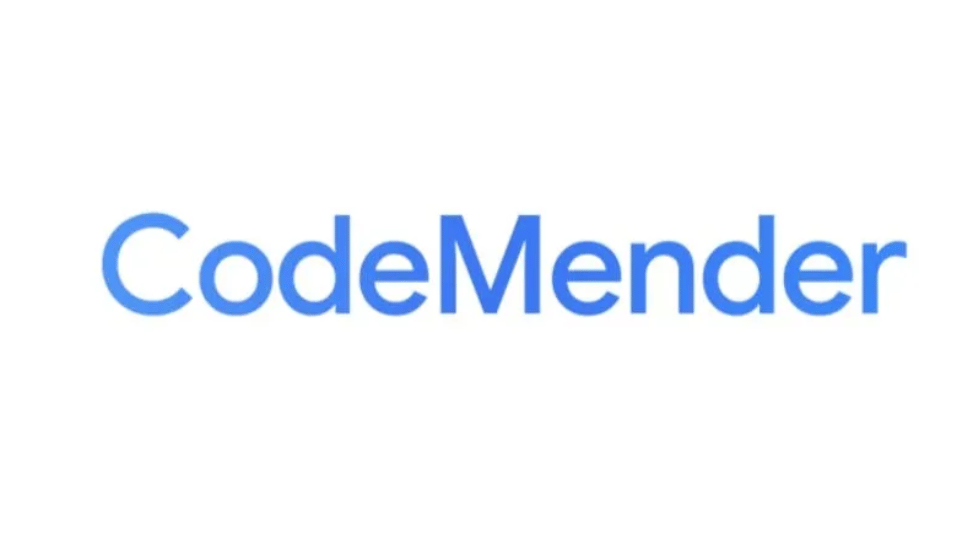
DeepMind Launches AI Code Fixer
Google DeepMind has unveiled CodeMender, an AI agent powered by Gemini Deep Think that automatically detects and patches critical software vulnerabilities. The system verifies each fix for correctness and safety before human review, ensuring reliability. Already responsible for 72 high-quality patches in major open-source projects, CodeMender marks a breakthrough toward fully automated cybersecurity maintenance and could soon become a public tool for developers worldwide.
Faster GPT-5, Smarter Monitoring Tools
OpenAI introduced a 40% speed boost for GPT-5 API requests under its new priority processing tier, enhancing performance for developers handling heavy workloads. Alongside, a real-time service health dashboard now tracks uptime, latency, token velocity, and first-token timing—offering clearer visibility and control over model reliability.
Thiel Bets Big on AI Giants
Peter Thiel’s Founders Fund is pivoting from caution to conviction - pouring nearly $1 billion into OpenAI and adopting a high-stakes, concentrated AI investment strategy. Instead of spreading capital across dozens of startups like rivals Andreessen Horowitz or Lightspeed, the firm will back only about ten companies per fund, focusing on category-defining players such as OpenAI, Cognition, Crusoe, and General Matter. The move reflects Thiel’s long-held belief in monopoly-scale winners and marks a return to his contrarian, all-in investing style.

Figure, the humanoid robotics company, is hinting at a major breakthrough with a cryptic teaser claiming “everything changes this week.”
EpochAI: What does economics actually tell us about AGI?



The Takeaway
👉 Leadership change offers Apple a rare moment to realign AI strategy.
👉 Hardware-first executive ascending (Ternus) may tilt priorities toward devices over cloud models.
👉 Giannandrea’s fading hold suggests Apple might import external AI thinkers or outsource key systems.
👉 AI teams should watch carefully: shifts in power often come with change in autonomy and resource allocation.
“Apple is entering its most significant leadership transition in more than a decade as multiple senior executives prepare to depart and CEO Tim Cook begins to shape the company's next generation of leaders, according to Bloomberg's Mark Gurman.”
It all starts with a subtle tremor: rumors swirl that Apple’s leadership is about to shift dramatically, including in its AI ranks—with John Giannandrea, the man behind Apple’s ML/AI strategy, potentially stepping aside.
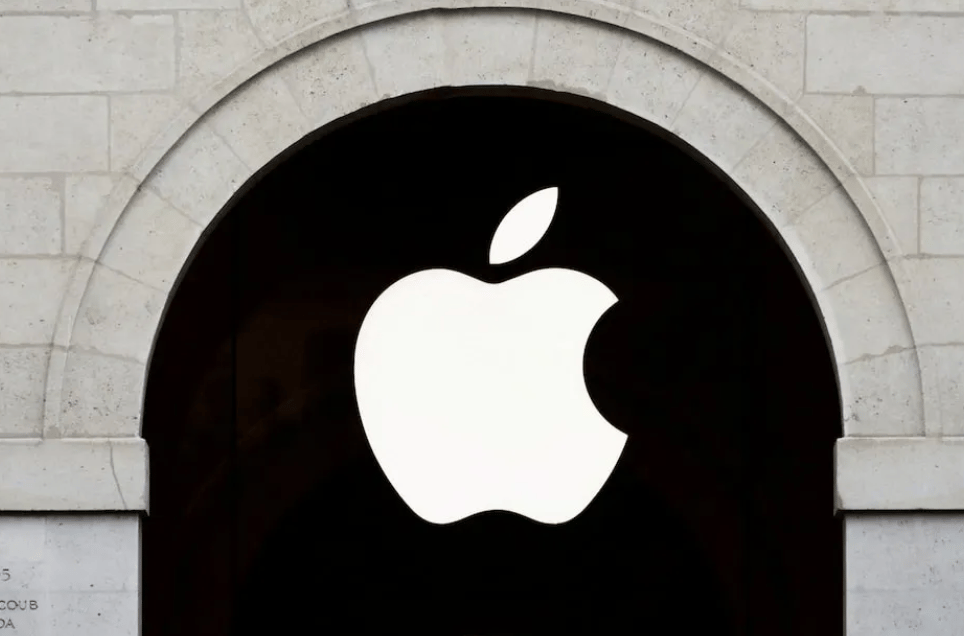
What’s happening? Apple is reportedly shaking up its executive team: Jeff Williams is handing off operations and likely departing, and the internal spotlight is turning to hardware lead John Ternus as a possible successor to Tim Cook.
At the same time, Giannandrea’s role is being redefined, with parts of his responsibilities already shifted—one sign that Apple wants fresh leadership to accelerate its AI agenda.
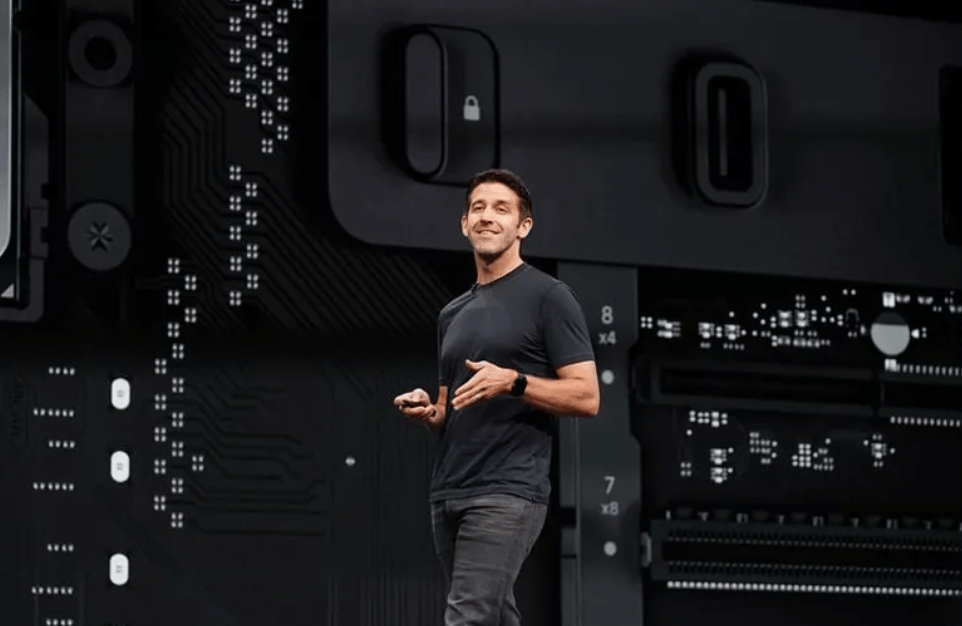
For those of us embedded in AI, this isn’t just corporate gossip. A leadership change like this could reshape Apple’s AI roadmap - how much autonomy its AI teams get, how fast innovations move, and how Apple competes with Meta, OpenAI, and others. It’s a moment where strategy and tech might collide.
Why It Matters: This shift could redefine Apple’s AI direction and influence competitive dynamics in the AI ecosystem. Under new leadership, previously stalled AI initiatives might find momentum - or be scrapped altogether.
Sources:

Small Budget, Big Impact: Outsmart Your Larger Competitors
Being outspent doesn't mean being outmarketed. Our latest resource showcases 15 small businesses that leveraged creativity instead of cash to achieve remarkable marketing wins against much larger competitors.
Proven techniques for standing out in crowded markets without massive budgets
Tactical approaches that turn resource constraints into competitive advantages
Real-world examples of small teams creating outsized market impact
Ready to level the playing field? Download now to discover the exact frameworks these brands used to compete and win.

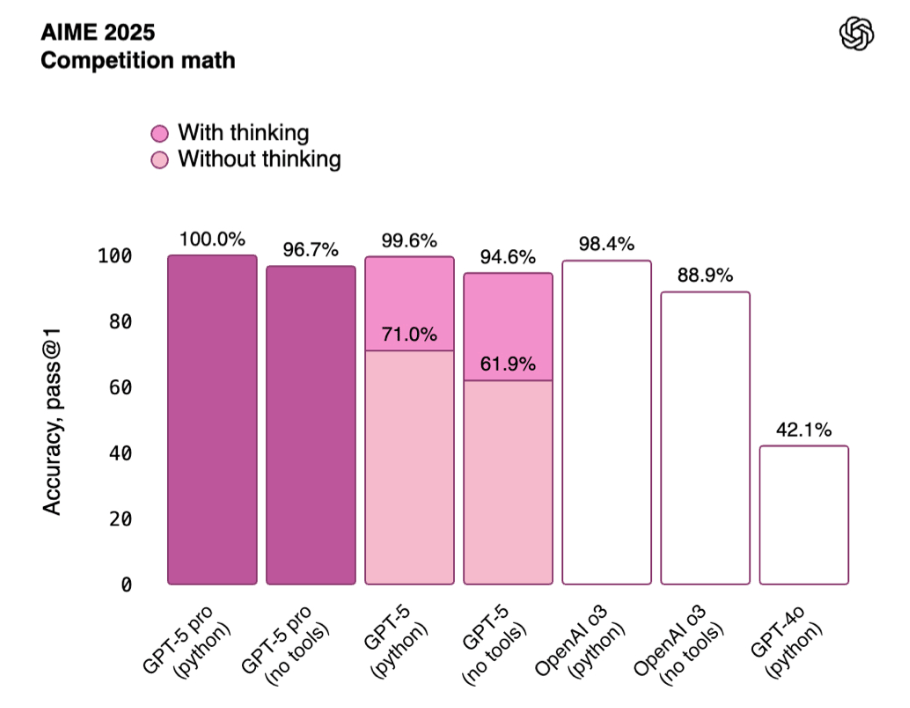
“GPT-5 Pro is now available in the API. It spends more time thinking, for your hardest tasks.”

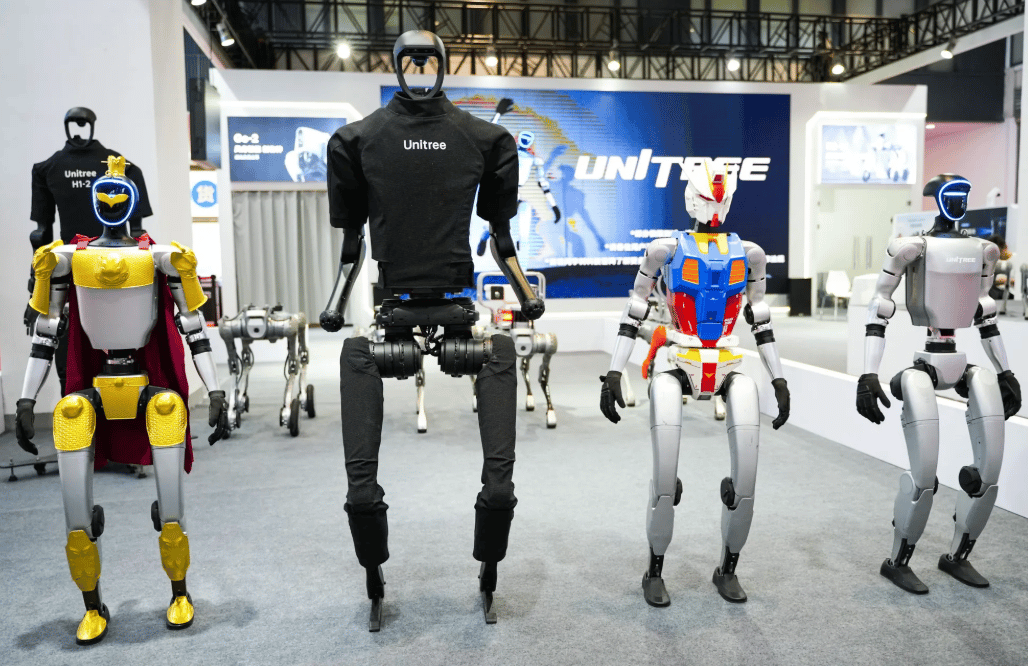
China Builds Robot Boot Camps
China has launched massive training bases (one over 10,000 m² in Beijing) to train humanoid robots in realistic scenarios—manufacturing facilities, retail, elderly care, smart homes, etc. These centralized facilities aim to produce consistent, high-quality datasets (millions of data points annually) and overcome fragmented, uneven data collection across robotics firms.

Robots Still Can’t Master Dexterity
In “Why Today’s Humanoids Won’t Learn Dexterity,” Brooks argues that current approaches - especially those relying solely on visual data and large scale imitation learning—fail because they ignore the deeply rich sense of touch, force feedback, and hierarchical planning humans use for dexterous tasks. He also points out that scaling humanoid robots raises serious safety, mechanical, and control challenges that are often glossed over.
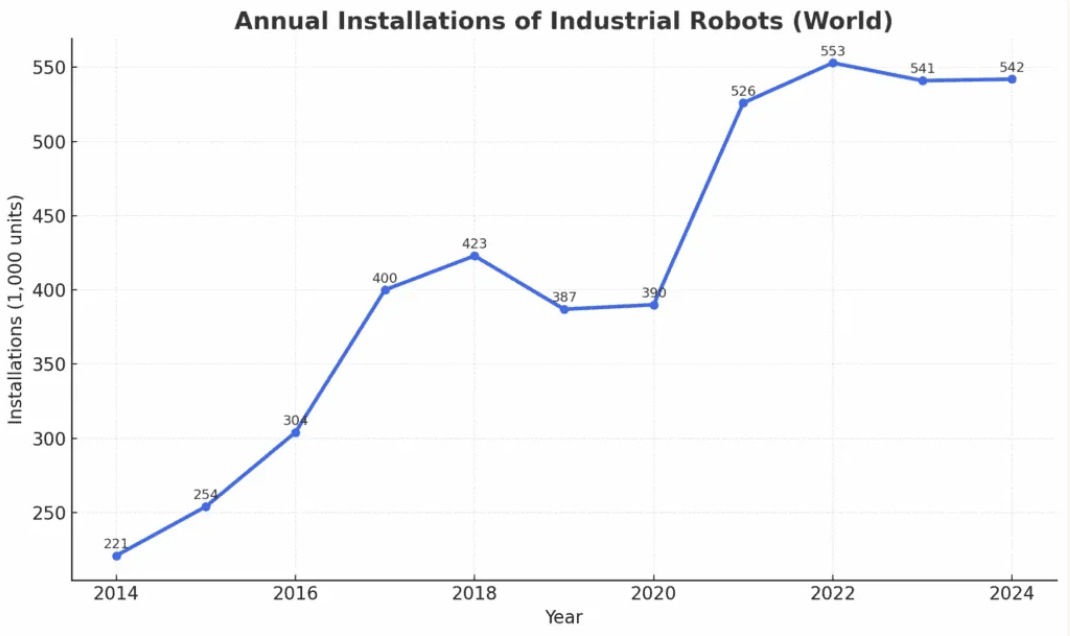
China’s Robot Count Surpasses World
China now operates over two million industrial robots — more than all other nations combined — after installing nearly 300,000 new units in 2024. This reflects Beijing’s aggressive push to automate manufacturing via subsidies, state-backed lending, and policies like “Made in China 2025”

Craft Viral Videos in Seconds with Zebracat
Turn your text or audio into stunning videos — instantly. With Zebracat, storytelling is effortless, fast, and built to inspire action. Join thousands of creators turning ideas into viral moments.



